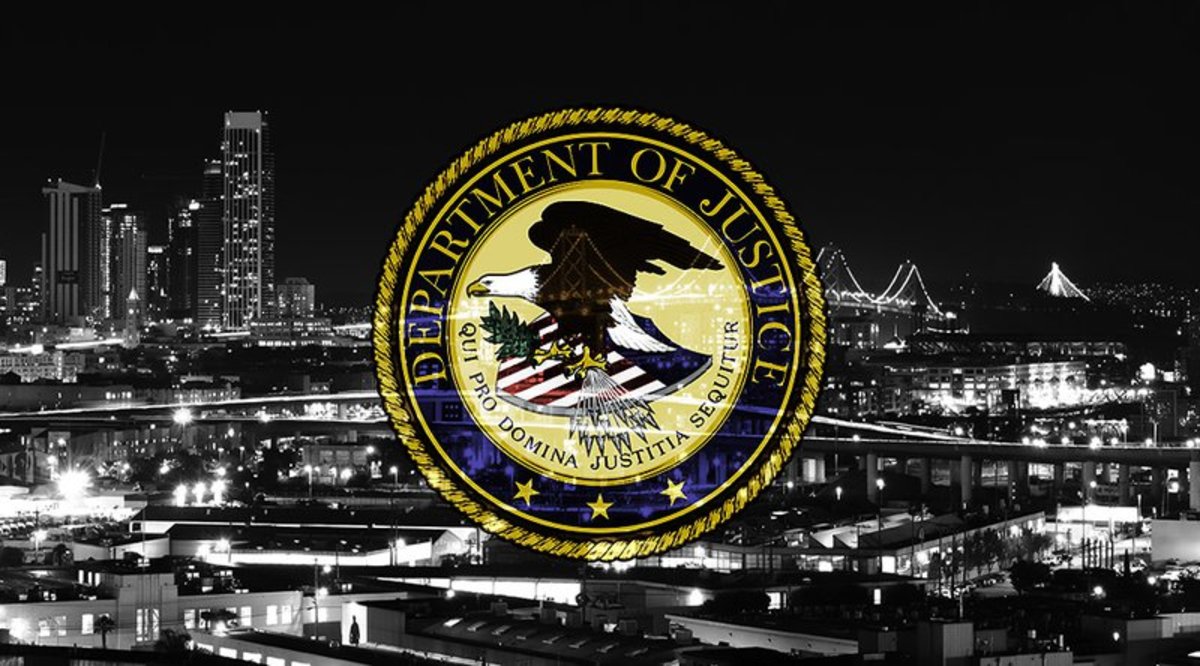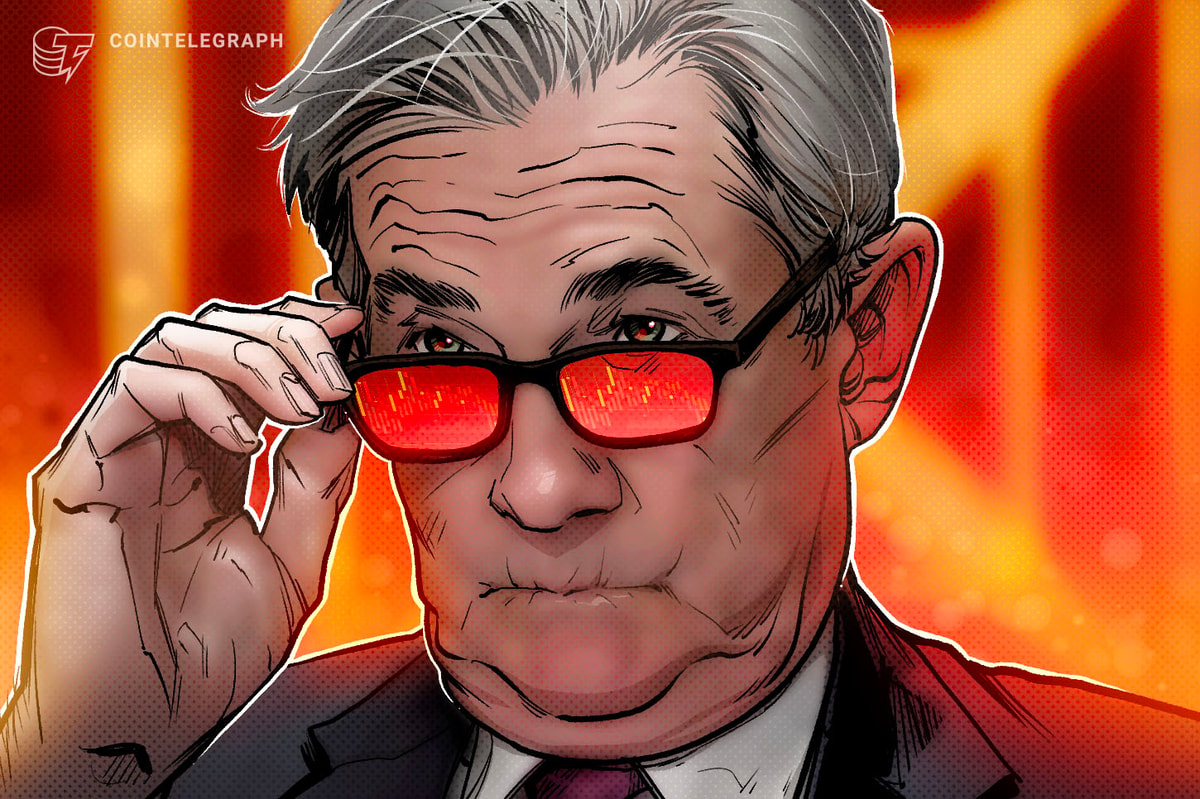
In an effort to create more dialogue between regulators, law enforcement, and digital currency companies and organizations, the U.S. Department of Justice convened a seminar at the Federal Reserve Bank in San Francisco.
According to a statement released by the DOJ, the summit included “approximately 175 government and industry participants, including representatives of federal and state law enforcement and regulatory agencies, digital currency and blockchain companies and organizations, and other technology companies and financial institutions.”
The event was organized by Kathryn Haun, who has been put in charge of the Digital Currency Task Force, a multi-agency task force of the U.S. Attorney’s Office for the Northern District of California, the U.S. Secret Service, the Federal Bureau of Investigation, the Department of Homeland Security and local agencies based in San Francisco.
“Generally, the point of the summit is to share information about common concerns. Regulators, industry leaders and law enforcement all have a common interest in responsibly developing these new technologies and keeping them free from those who would use them for illicit purposes,” said Abraham Simmons, assistant U.S. Attorney at the Department of Justice in San Francisco, in an interview with Bitcoin Magazine.
Along with the government agencies, there were leading bitcoin and blockchain companies in attendance as well. Some of the panel speakers in attendance were Wences Casares, CEO of Xapo; Fred Ehrsam, co-founder of Coinbase; Adam Ludwin, CEO of Chain; and David Rutter, CEO of R3CEV.
Jerry Brito, the executive director of Coin Center, moderated a panel about regulation, with Jennifer Shasky Calvery, director of FinCEN, Jan Lynn Owen, commissioner of California DBO, and Erin Schneider of the Securities and Exchange Commission.
The Mood is Changing
Bitcoin has come a long way from a regulatory standpoint since it first came out. Whereas only a couple years ago, senators were decrying it for its use in purchasing drugs, now there are defined rules and regulations from FinCEN, the CFTC, the a much clearer understanding for law enforcement. More importantly, the mood has changed.
There was a similar gathering in February at the Treasury Department, and that was a little more formal, very stiff,” Brito said. “This one was interesting just to see so many of the same people eight months later. There’s a much more relaxed attitude and people understand this is not going away. They understand the industry is serious and wants to comply with regulation and wants greater clarity on regulation.”
Brito offered his hope for gatherings of this nature:
What’s important to me is that the day something bad happens we don’t want that to be the day we start exchanging information. We’ve already established friendships and relationships.”
Jacob Donnelly is a full-time product manager and freelance journalist covering stocks, business and bitcoin. He runs a weekly digital currency and blockchain newsletter called Crypto Brief.










